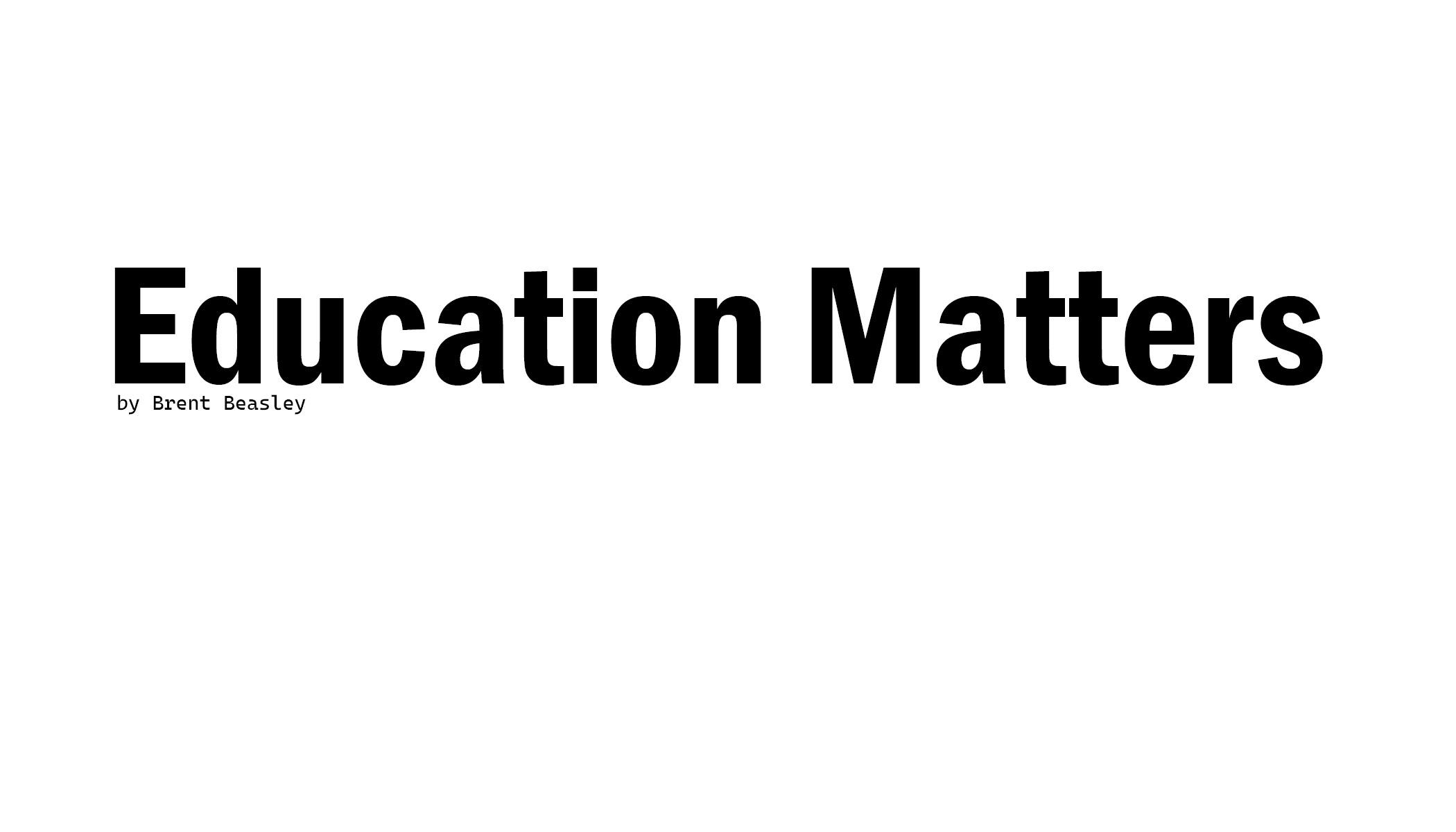September is National Literacy Month, a time to foster dialogue about literacy in the United States.
According to a report that we at Fort Worth Education Partnership released a couple of weeks ago, only 43% of kids who attend school in the City of Fort Worth are performing at grade level on state reading assessments.
It is not uncommon for us to hear local education leaders respond to low academic achievement numbers by pointing out how many of our students live in poverty—implying that we shouldn’t expect schools with large numbers of children from low-income families to achieve academic excellence.
I find the “but our kids are living in poverty” justification for low levels of student achievement discouraging and alarming—especially when it comes from our education leaders. As Fort Worth Mayor Mattie Parker has said recently: “We cannot allow poverty to be the determining factor in a child’s success academically.”
This is one of the reasons Mayor Parker did something extraordinary and unusual on August 27. She attended a Fort Worth ISD board meeting and addressed the board during public comment. She brought with her a letter signed by a large and diverse group of community leaders.
As the letter states, “A great city demands a great public education system, and our future depends on it.” Unfortunately, Fort Worth lags far behind most other large cities in Texas on educational outcomes, including cities with almost identical levels of poverty and emerging bilingual students. Mayor Parker’s letter speaks strongly about what this means: “These results are unacceptable. For our city’s children, these results can significantly narrow their ability to access the life and the opportunities that they want and deserve. And for our city, there are significant long-term consequences in the areas of workforce, economic development, poverty, public health, and much more.”
No one would deny that in a large urban environment with high levels of poverty, educational achievement can be extremely difficult to obtain. Students experiencing poverty have many significant challenges to overcome. I would never minimize how difficult it is to support high academic achievement in high poverty schools.
However, having low expectations for students is also a highly significant barrier to academic achievement.
The “Pygmalion effect” describes situations where someone’s high expectations improve our behavior and therefore our performance in a given area. It suggests that we do better when more is expected of us.
Many studies over the years have shown how adults’ expectations greatly influence students’ academic performance. In 1964, Harvard professor Robert Rosenthal conducted a famous study that demonstrated that when students are labeled “high IQ” at random, adults’ expectations of those students lead to higher test scores.
My colleague Leila Santillan points out recent research that has repeatedly uncovered the link between high expectations and student achievement outcomes.[1] In fact, TNTP’s The Opportunity Myth found that no resource was more impactful on student achievement than high expectations and a belief that students could meet grade-level standards. In fact, when high expectations were present, students gained more than four months of additional learning progress.[2]
Further, the effect of high expectations was even stronger when students started off the year behind, like many of our kids in Fort Worth are. It makes sense intuitively; when we believe students can meet the bar set by grade-level standards, we offer stronger assignments and instruction. In classrooms where students started the year behind their peers – students with adults who held high expectations and a belief that they could meet grade-level standards saw an additional eight months of achievement growth.
We do better when more is expected of us. That is why it is so important that our educational and city systems and, particularly, the leaders of those systems, operate with the belief that all kids can and should succeed. Many of our kids in Fort Worth are experiencing poverty, and they can learn and achieve at high levels.
It is National Literacy Month, and we recognize that only 43% of Fort Worth kids are reading at grade level. And those numbers are much lower in certain parts of our city. But we cannot allow poverty, zip code, or family situation to be the determining factors in a child’s success academically.
Writer and activist Jim Wallis likes to say, “Hope means believing in spite of the evidence and then watching the evidence change.”
The numbers can be discouraging. But let’s have hope for Fort Worth kids.
Believe in them, and watch the numbers change!
[1] https://fordhaminstitute.org/national/commentary/high-expectations-drive-student-success
[2] https://tntp.org/wp-content/uploads/2023/02/TNTP_The-Opportunity-Myth_Web.pdf


Deja un comentario